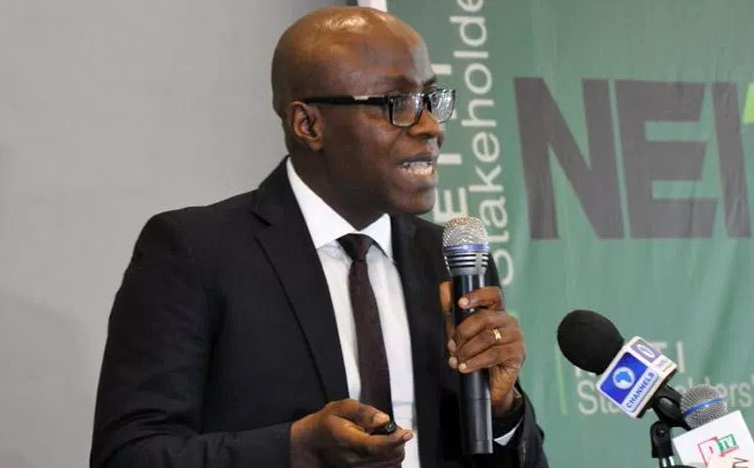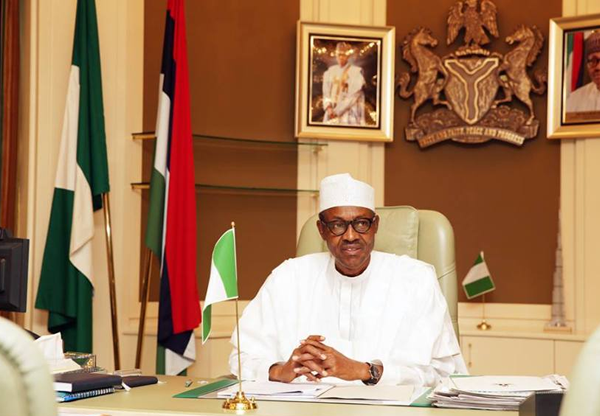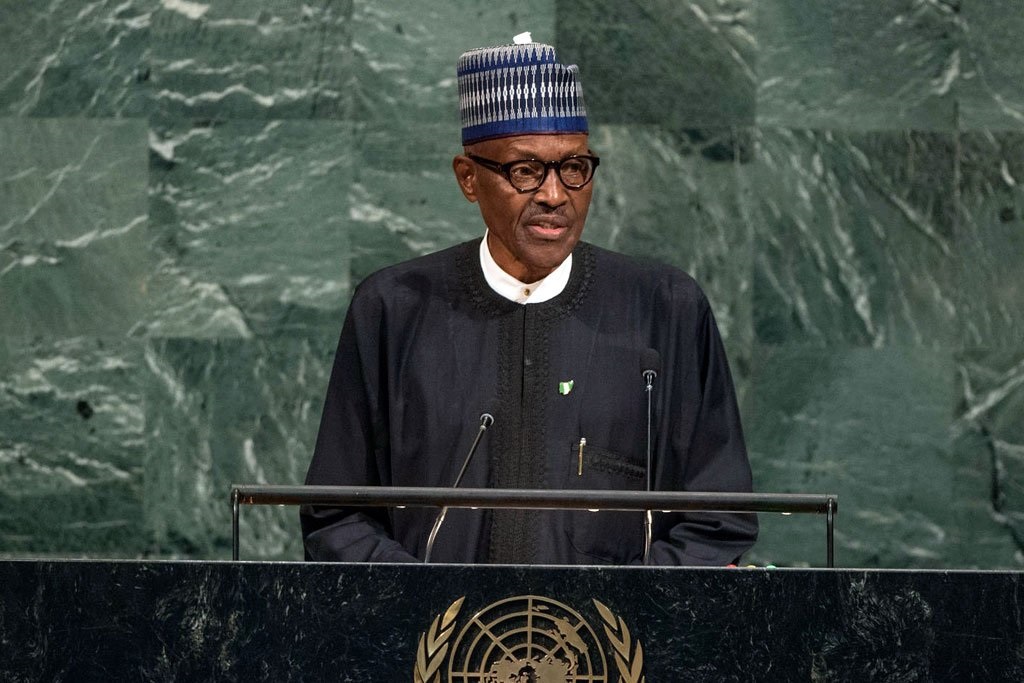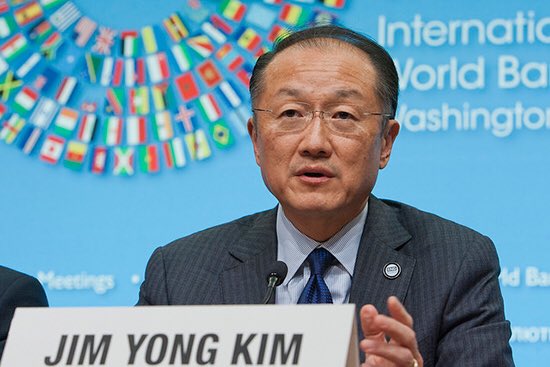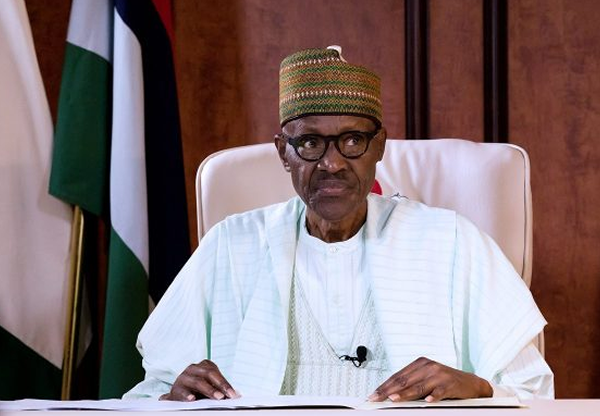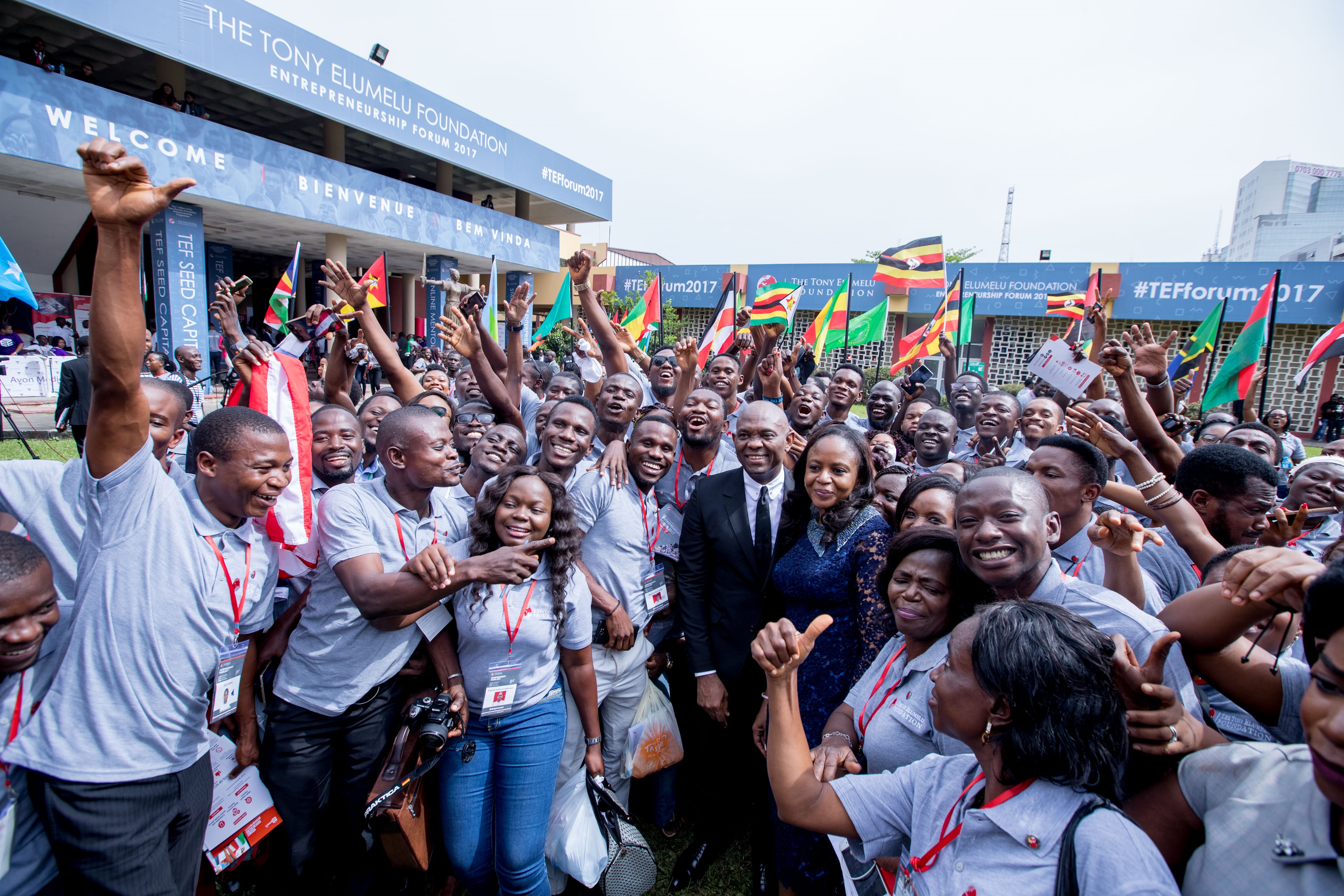Waziri Adio, executive secretary of the Nigeria Extractive Industries Transparency Initiative (NEITI), has offered tips on areas Nigeria can experience sustained economic recovery beyond merely getting out of recession.
He gave the insight in a paper he delivered recently at the 3rd Annual Lecture of the Dauda Adegbenro Foundation held at the University of Ibadan.
The five takes are: maximising and adding value to endowments; entrenching transparency and accountability in management of extractive industry resources; saving enough for rainy days; restructuring the economy; and investing in health, education and infrastructure to expand the creative and productive capacities of the people.
“The extractive sector is roundly implicated in our march into and out of recession,” he said.
Advertisement
“Exposed to the oil and gas sector, at some point, for as much as 95% of exports and 85% of government revenues, our economy was not insulated enough from the well-known volatility of commodity prices and other negative consequences of resource dependence.”
Now that Nigeria is out of recession, here are the areas he wants the federal government to concentrate on in order to avoid cyclical conundrum.
1. Maximising and adding value to endowments

Adio said Nigeria must go beyond the “easy and lazy” approach in order to optimise opportunities offered by endowments so that Nigeria can become a major player in the value-added market.
Advertisement
“For now, we are still scratching the surface. Value optimisation would mean going beyond just exporting crude oil and refining petroleum products for domestic consumption and export, harnessing gas instead of flaring it, and becoming major players in the petrol-chemicals arena. The real value is in value-addition, otherwise we remain price takers and marginal players,” he said.
“It would mean changing the solid minerals sector form an abandoned and artisanal-dominated sector to a major contributor to GDP, to exports, to industrial development and to jobs. Clear and predictable legal and regulatory frameworks, reasonable incentives, and aggressive marketing would be needed. The 7 Big Wins, the Solid Minerals Roadmap, the investment outreaches by the respective ministries and renewed efforts to pass the Petroleum Industry Bill are steps in the right direction and should be seen to the logical conclusion.”
2. Entrenching transparency in extractive industry
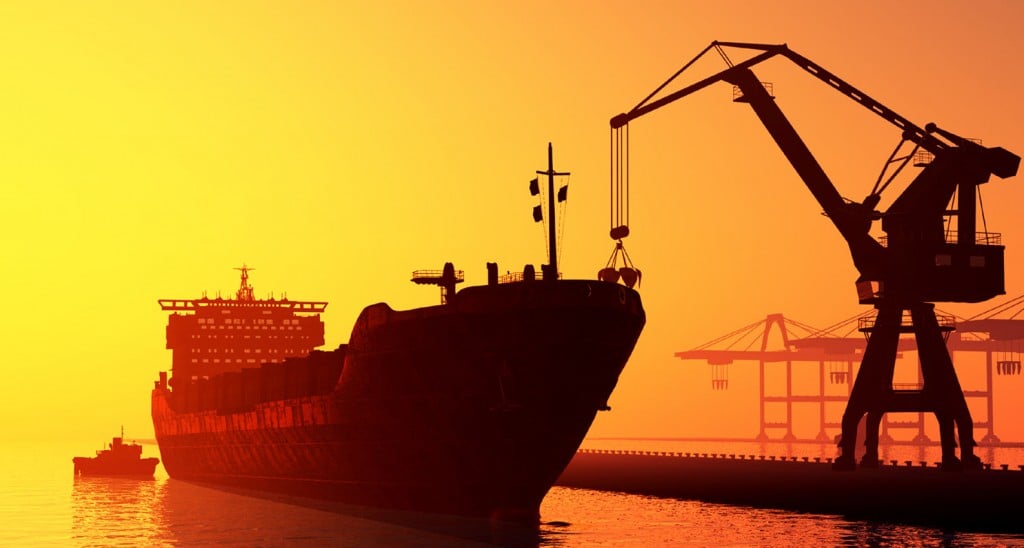
The NEITI chief executive warned that revenue must not end up in private pockets.
“While value addition and optimisation would ensure we make more money, they cannot guarantee that the money would not end in private pockets. We therefore need more openness, not less. We need not just revenue transparency but also ownership transparency, contract transparency, expenditure transparency and assets transparency. We need to strengthen NEITI and other agencies and institutions that shine light in dark places and we need to encourage and empower our citizens to ask informed questions,” he said.
Advertisement
3. Saving enough for rainy days

Saving enough, not just saving, for the rainy days is critical to sustaining the recovery, he said.
“We need to save against commodity price volatility and natural resource depletion. NEITI’s study into Nigeria’s oil saving funds shows that we don’t have a robust natural resource savings mechanism. The total amount in our three oil savings fund is $3.9 billion, enough to fund only 16% of the 2017 federal budget. Meanwhile, the value of the sovereign wealth fund of Norway, a country of 5.2 million people, hit the $1 trillion mark last week,” he said.
He warned that time is on the side of Nigeria to consciously save enough because the oil reserves will soon dry up.
“Without enough savings, we will always be vulnerable. And time is not on our side: our oil will run out in 38 years; the world is rapidly moving beyond oil, as countries embrace electric vehicles and even the oil majors are moving to gas,” he said.
Advertisement
“Yes, there are other uses of oil beyond gasoline and we are more of a gas than an oil country. But the glorious days of oil and even other natural resources seem numbered. We might be lucky to experience another boom before the bottom falls off. Now is the time to optimise, to manage transparently and prudently, and save for the rainy days and the future, whether prices are high or low.”
4. Restructuring the economy
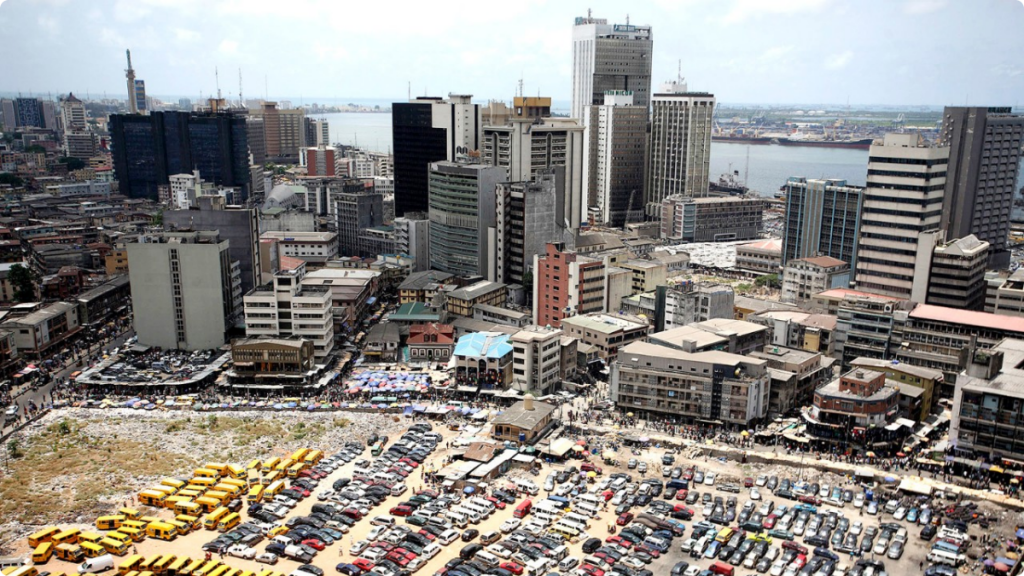
A lot of public debate has been on the political restructuring of Nigeria, but Adio thinks the real debate should be on the structure of the economy.
Advertisement
He said: “We need to come to terms with the reality that a natural resource-led development approach leads to a mirage. From 1981 to 2015, Nigeria earned a total of $715 billion from oil. It is a lot of money, but not an awful lot when you take our population size and developmental needs into consideration. And for perspective, the market value of Apple is $751 billion. That is just one company.”
Nigeria needs to “aggressively restructure the economy and psyche”, he said, giving Malaysia is a good example to follow.
Advertisement
“Dependence on tin and crude oil gave way to an economy with robust value-adding agriculture, manufacturing and services sectors. We also need to move from a sharing and extractive mind-set to a productive and value-adding mind-set. There is a growing clamour for political restructuring in the country. But beyond tinkering with the form of our federalism, we need to also restructure the substance and spirit of our politics, and more importantly, we need to restructure our economy and our value-system. We need audacious and not necessarily pain-free economic and governance reforms,” he said.
5. Expanding creative and productive capacities

He advocated “sustained” investment in health, in education, and in critical modern infrastructure that will make our economy more competitive and expand the creative, productive and competitive capacities of our people and by extension, of our country.
Advertisement
“We need to invest in the welfare and the productive capacities of our people. We need sustained investment. This is how we can derive optimal benefit from endowment in natural resources, not as wealth in themselves, but as resources for necessary investments in the competitive capacities of our most prized assets: our people,” he said.
Add a comment
